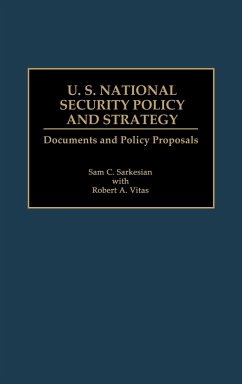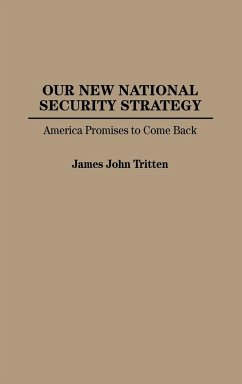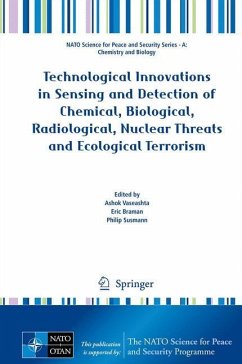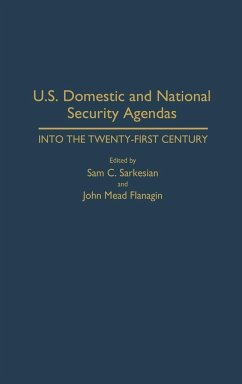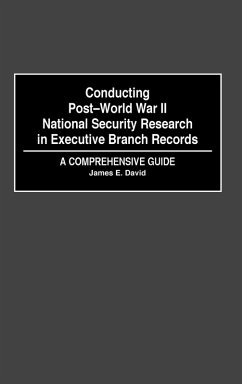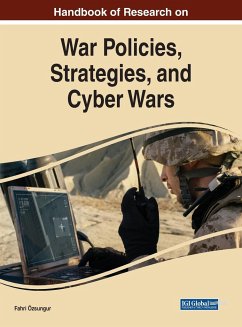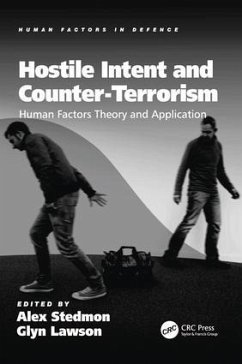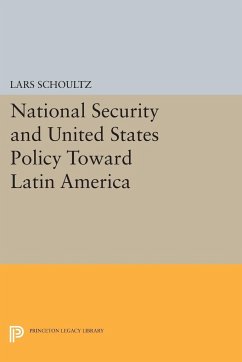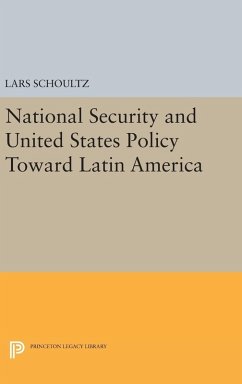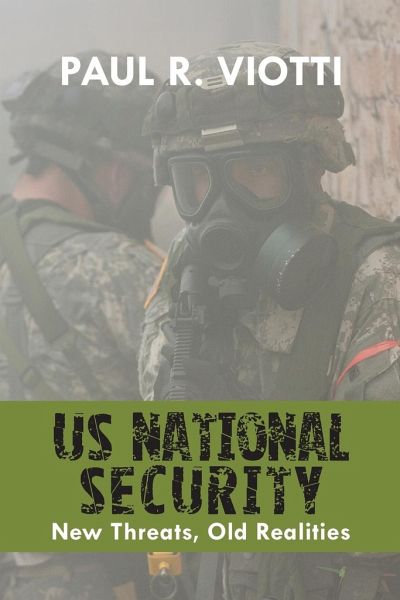
US National Security
New Threats, Old Realities
Versandkostenfrei!
Versandfertig in 1-2 Wochen
32,99 €
inkl. MwSt.

PAYBACK Punkte
16 °P sammeln!
We live in a world in which events and actors not conceived of as posing an imminent danger during most of the twentieth century are now directly threatening human security. Critical infrastructures —from electric power grids to nuclear power plants, from water distribution systems to banks and air traffic control systems—are vulnerable to cyber attacks by state and non-state actors. Climate change threatens to disrupt people’s lives and livelihoods, escalating disputes over access to key resources. Global inequality of income and wealth is undermining living conditions, especially in de...
We live in a world in which events and actors not conceived of as posing an imminent danger during most of the twentieth century are now directly threatening human security. Critical infrastructures —from electric power grids to nuclear power plants, from water distribution systems to banks and air traffic control systems—are vulnerable to cyber attacks by state and non-state actors. Climate change threatens to disrupt people’s lives and livelihoods, escalating disputes over access to key resources. Global inequality of income and wealth is undermining living conditions, especially in densely populated parts of the world that are often breeding grounds for the viruses that precipitate pandemics. Telecommunications and transportation are creating fertile ground for transnational criminal networks that engage in illegal arms transfers, drug trade, prostitution, slave trade, and other illicit activities. Beyond these human security concerns is the ongoing challenge of proliferation of weapons of mass destruction to other states and terrorists—and the previously unthinkable specter of the weaponization of space. In addition to these and other "new threats" are the "old realities" of state and non-state actors interacting in a still anarchic world that lacks any central authority over that exercised by sovereign states. In this increasingly globalized world, we still face inter-state wars and armed interventions, inter-communal strife that spills over national borders, and insurgencies or other movements and groups that resort to terrorism or other forms of political violence. This book addresses these threats, and the reciprocal use of force they engender, through a constructivist lens: one that assumes the ideas in the heads of policy makers, and their particular interpretations of "facts," to be part of a highly subjective process. After analyzing and explaining the key threats and the vehicles in which they become manifest— war, armed intervention, insurgency, countering insurgency and terrorism, and intelligence—the book examines the projection of force and elements of force maximization, in chapters on civil-military relations, a diverse military of citizen volunteers, and organization and budget. And it traces how the role of the US dollar, as a globally accepted currency, gives a particular advantage to US business and banking interests, and to the US government, when it comes to financing the costs of global diplomatic, military, and other operations. Taking into account these threats and opportunities, Paul Viotti identifies a number of strategies and policies for the US that are central to the maintaining of peace and security over the next few decades. Key amongst these is the forging and maintaining of relations with other great powers and the developing and reinforcing of cooperative norms and institutions among these and other states. Alongside this is the need for the distribution of the typically asymmetric gains that stem from such cooperation. However, he cautions that these strategies can be enacted only if great powers exhibit the enlightened self interest necessary for them to attend to the demands of states that lack the capital or other resources that are core to their relative power positions. In conclusion, he posits that successful management of inter-state relations by the US and other great powers will require a careful and adept application of a "reconstructed" realism that emphasizes the ways and means of cooperative security. US National Security: New Threats, Old Realities is an important book for all interested in the making and implementation of both foreign and national security policy. This book is in the Rapid Communications in Conflict and Security (RCCS) Series (General Editor: Geoffrey R.H. Burn).



